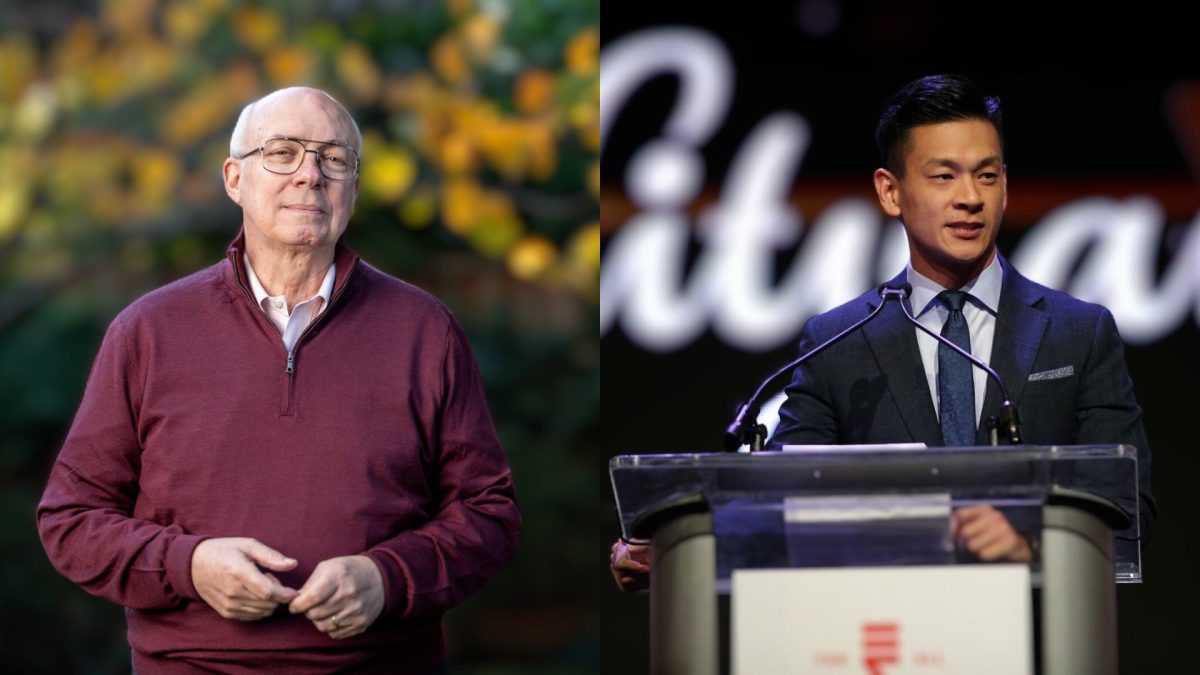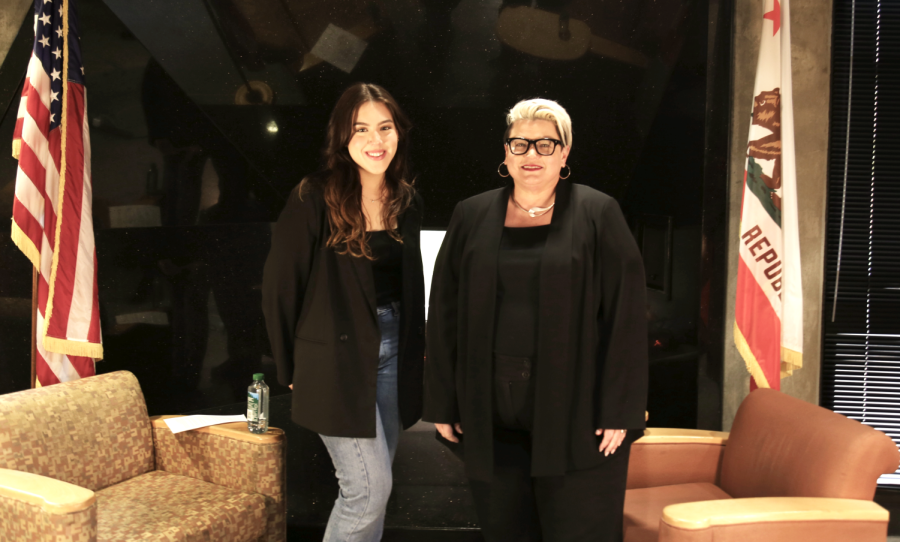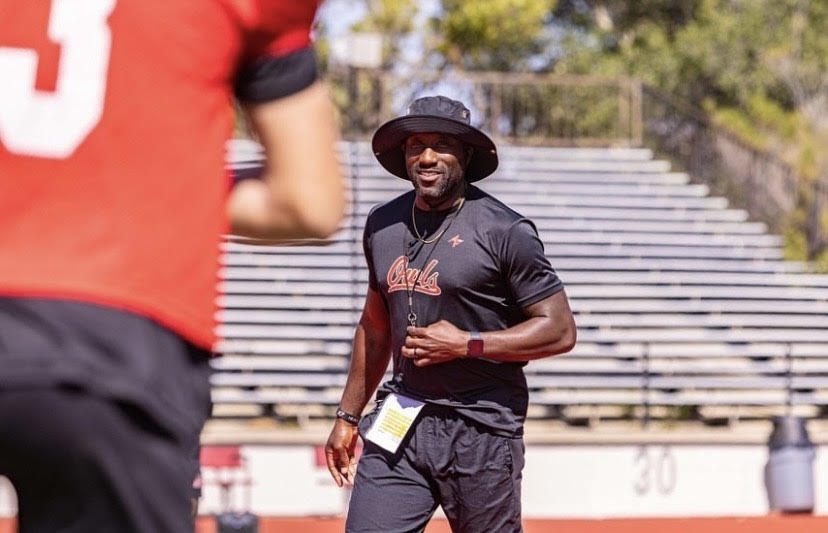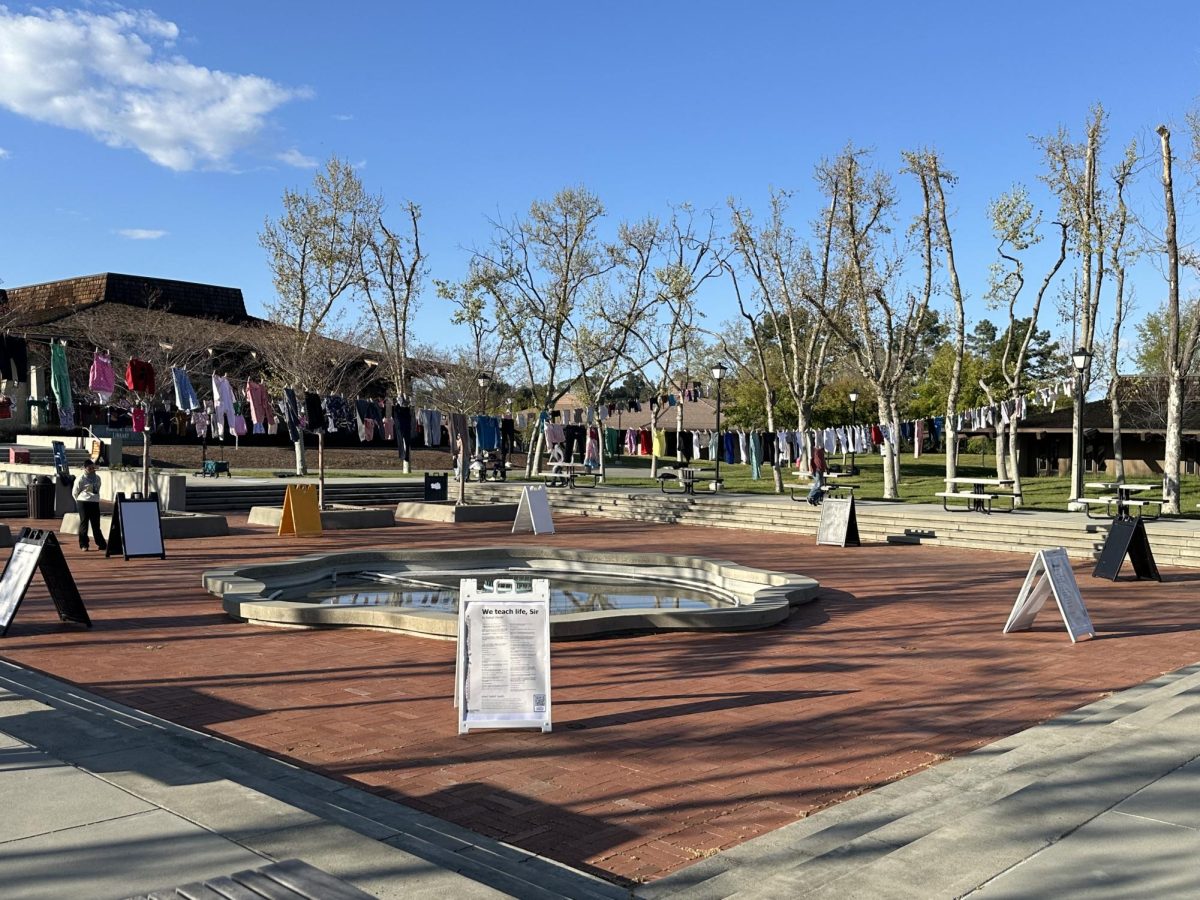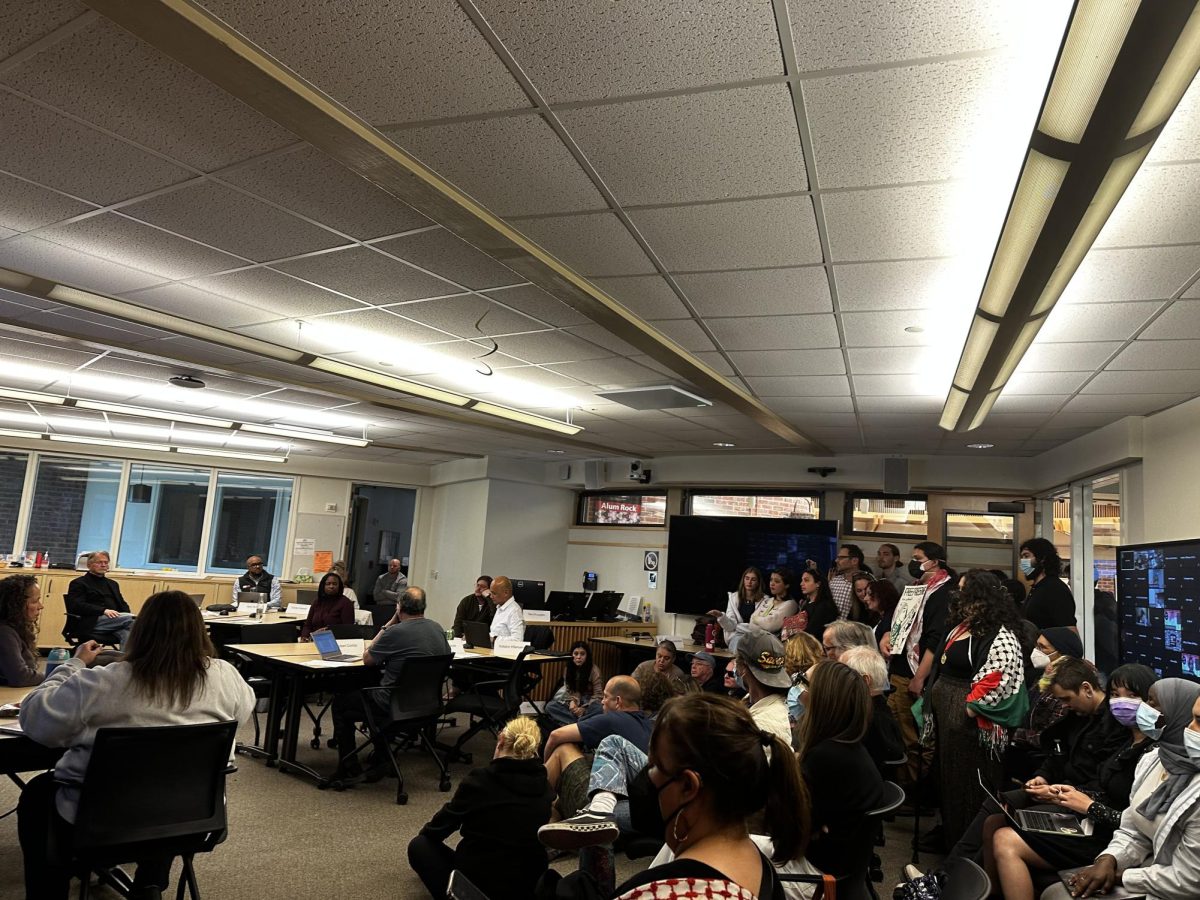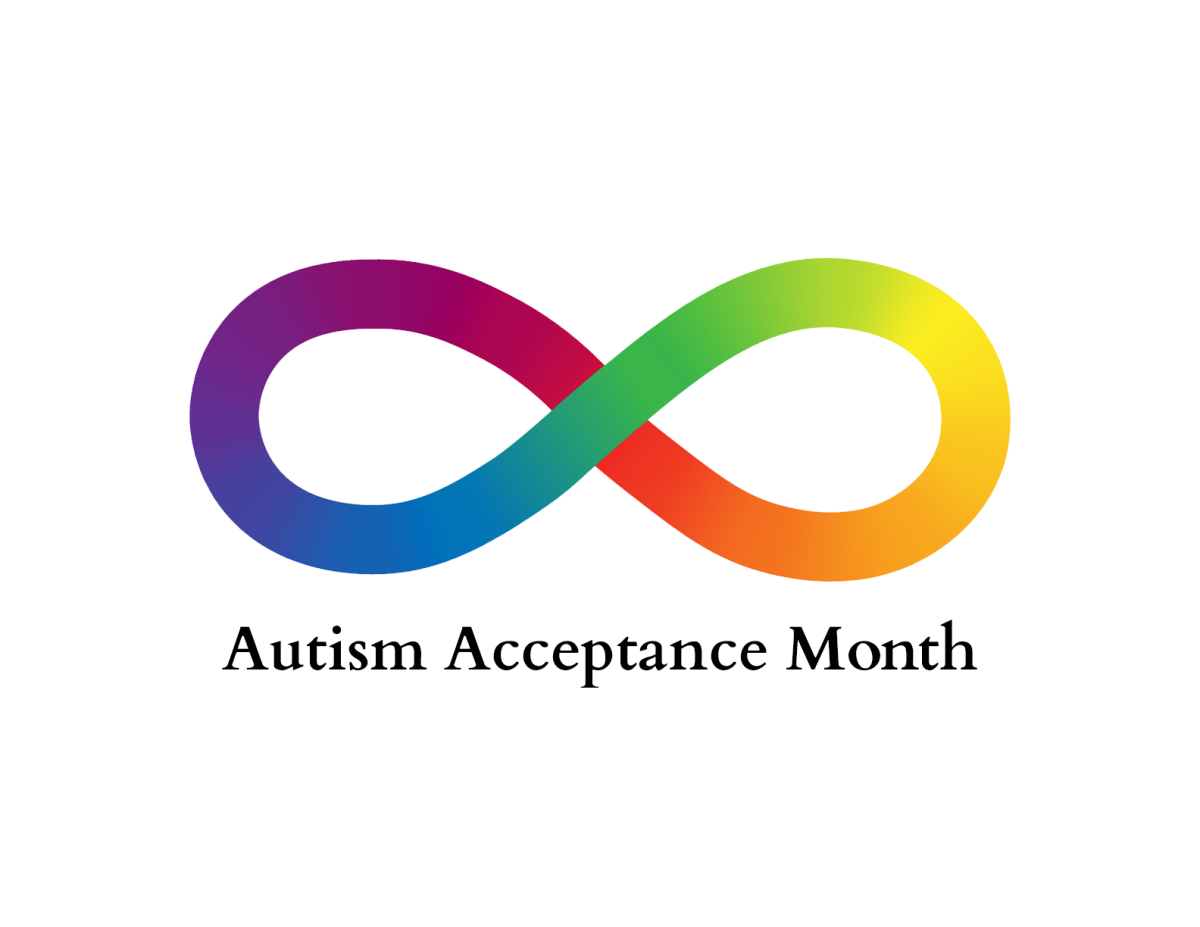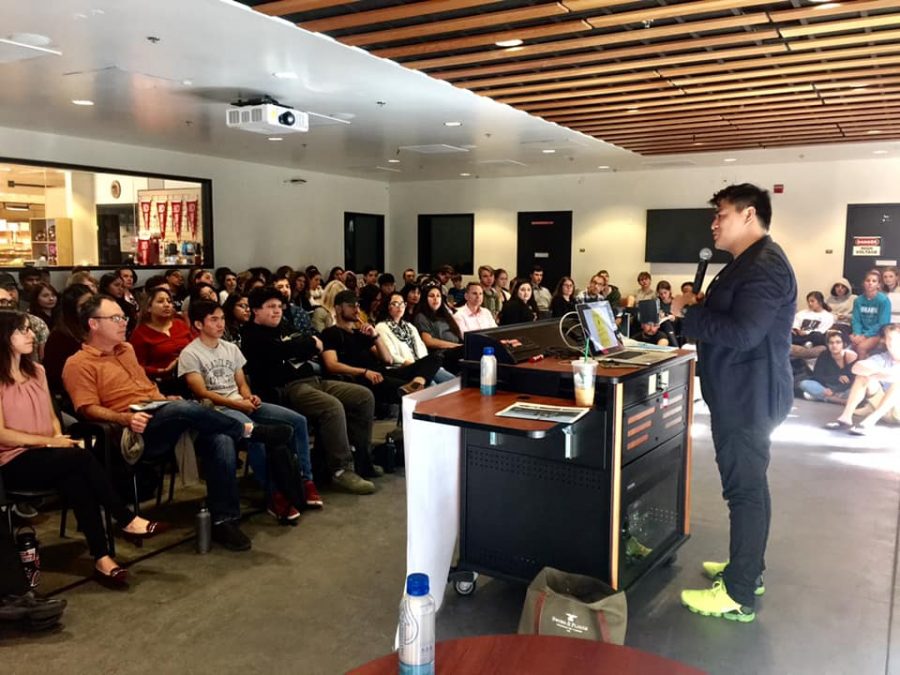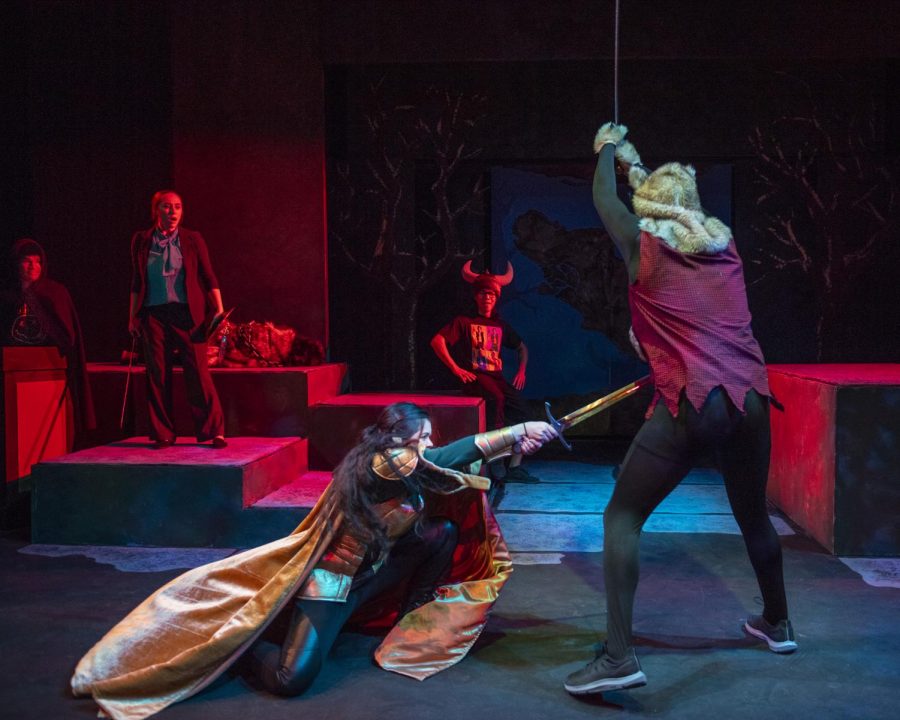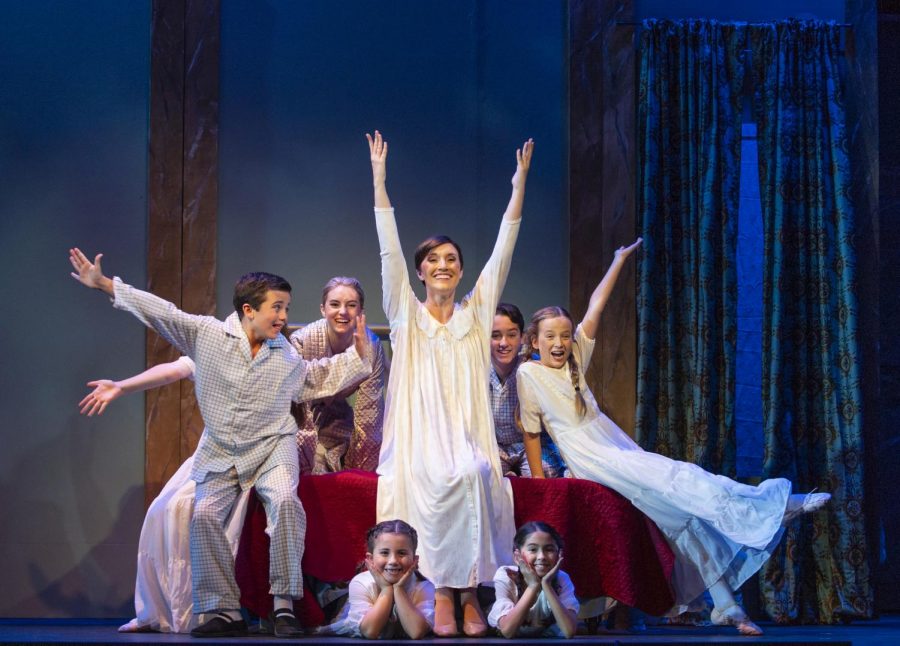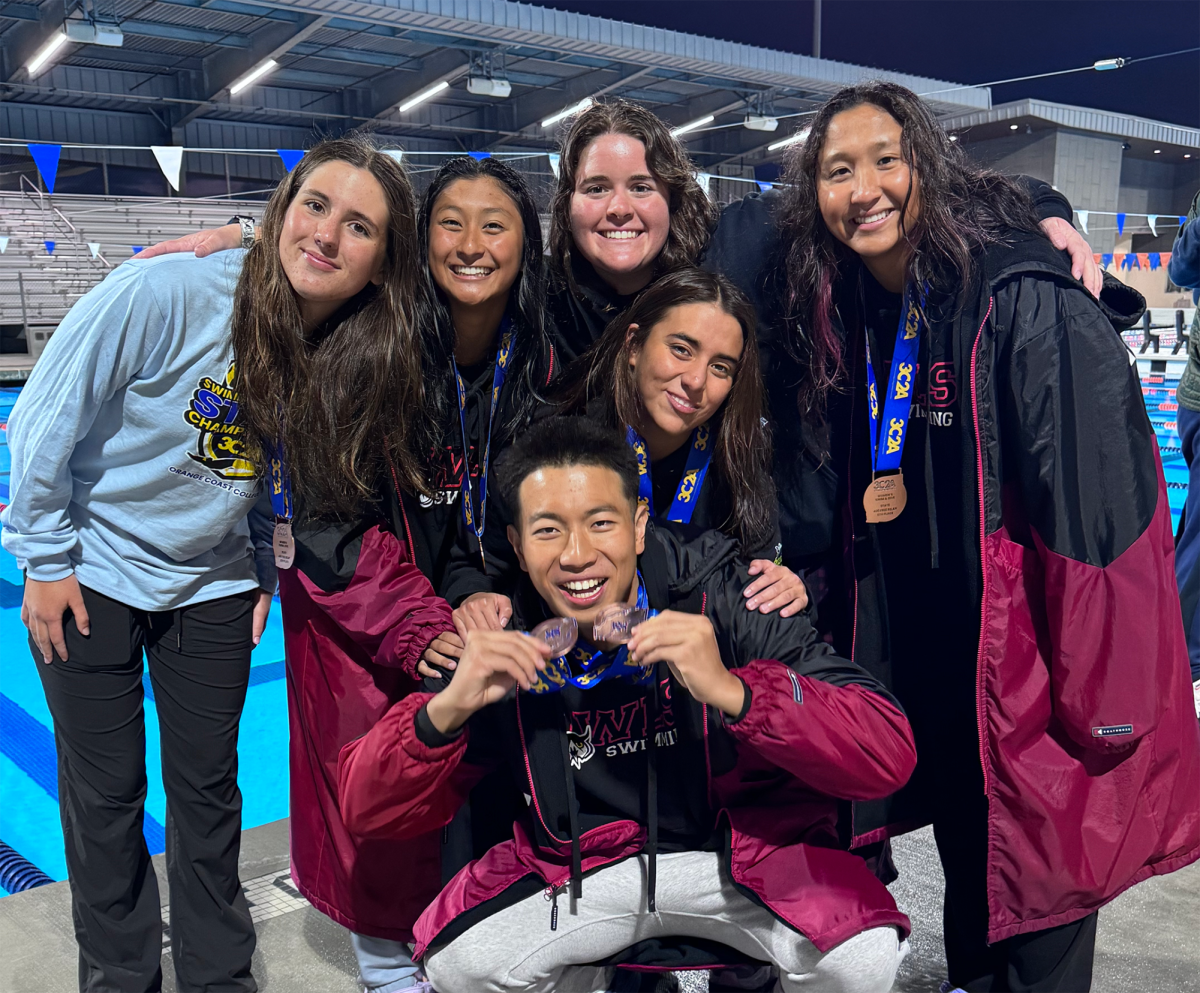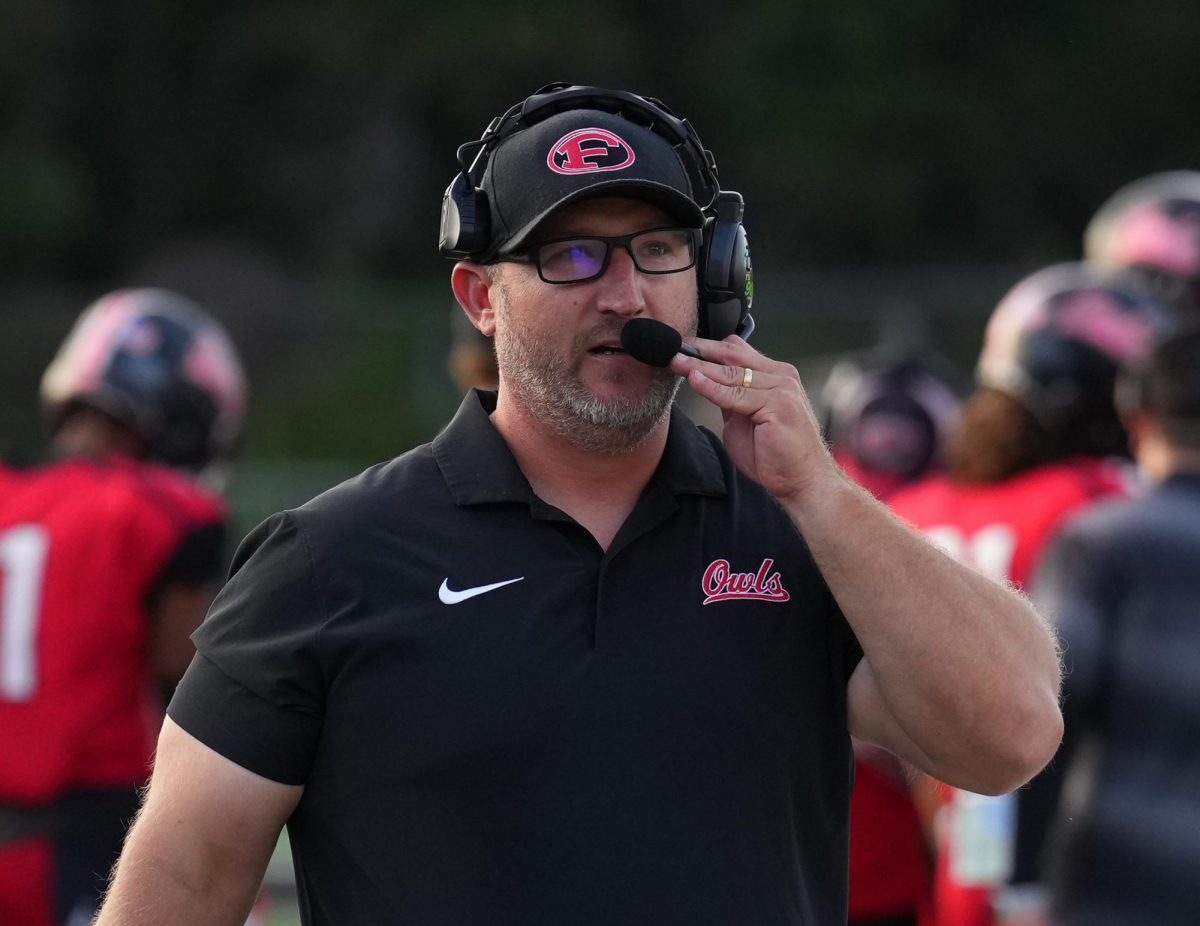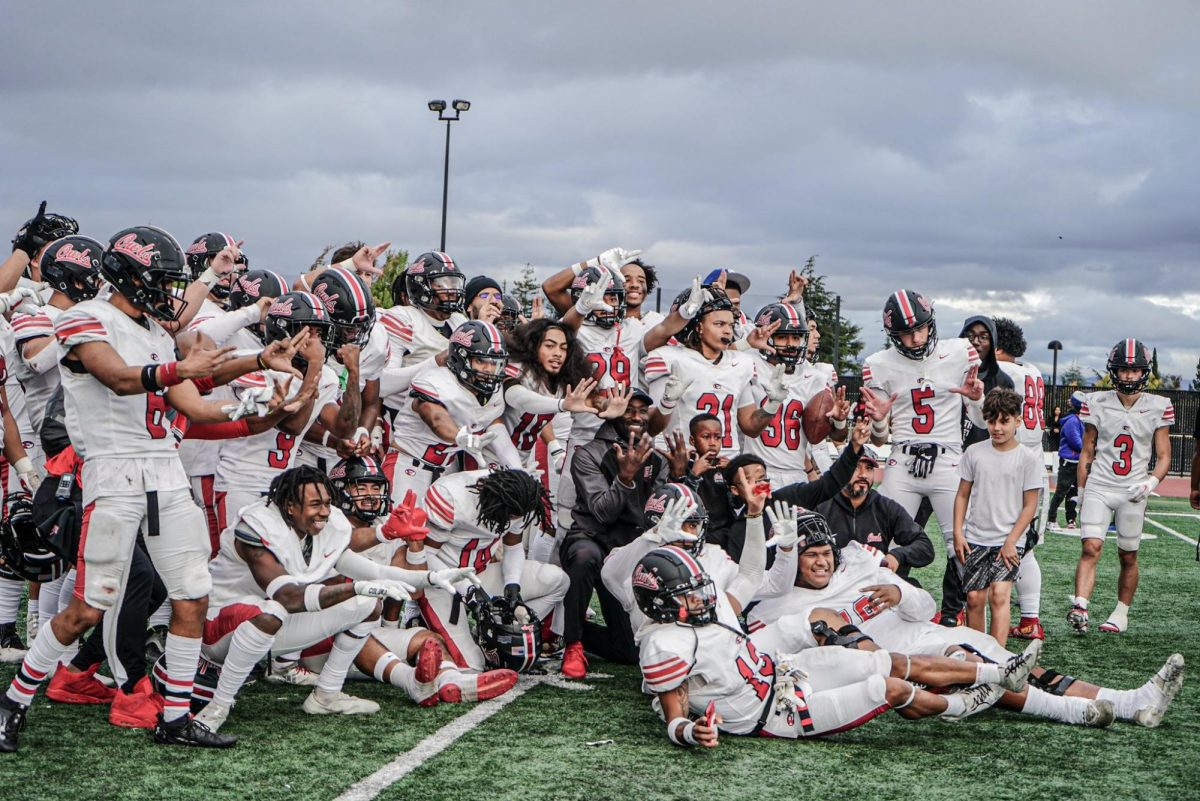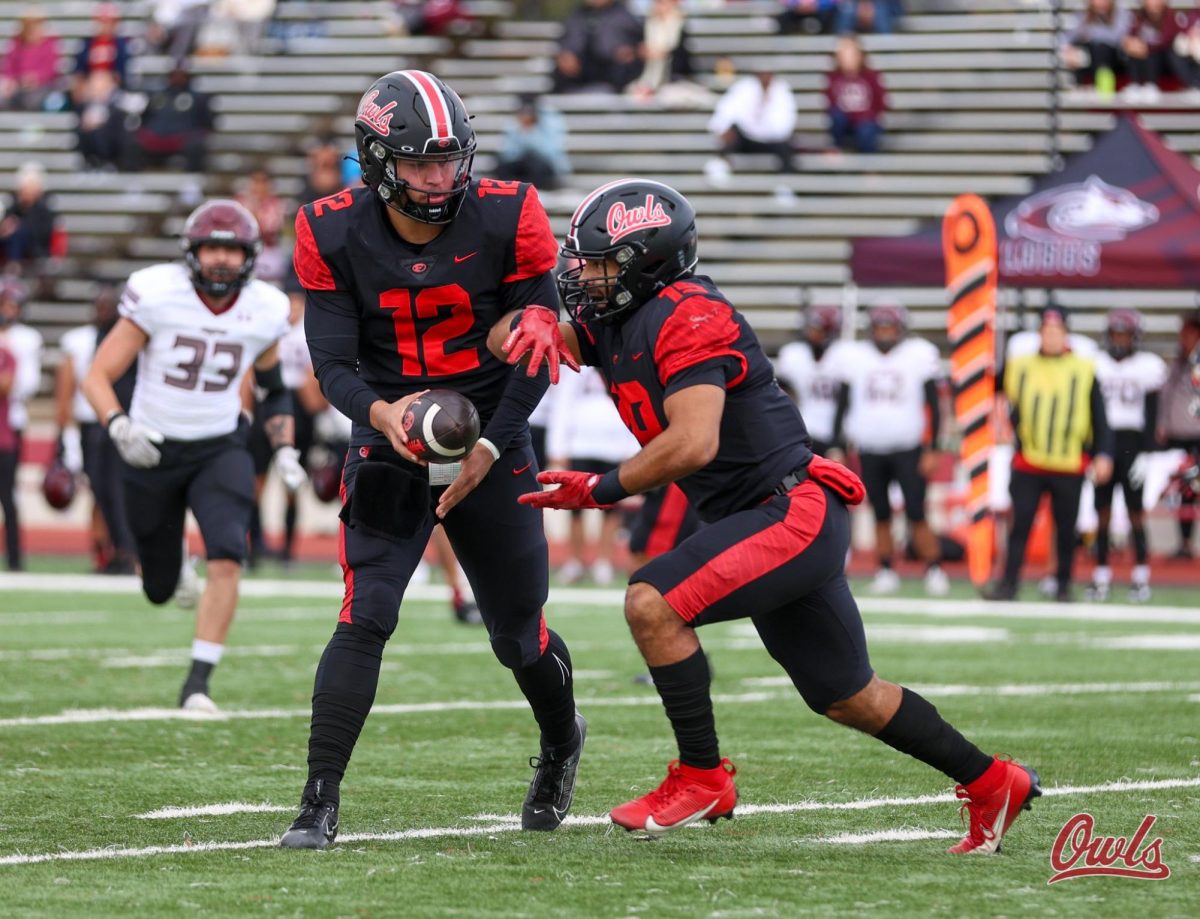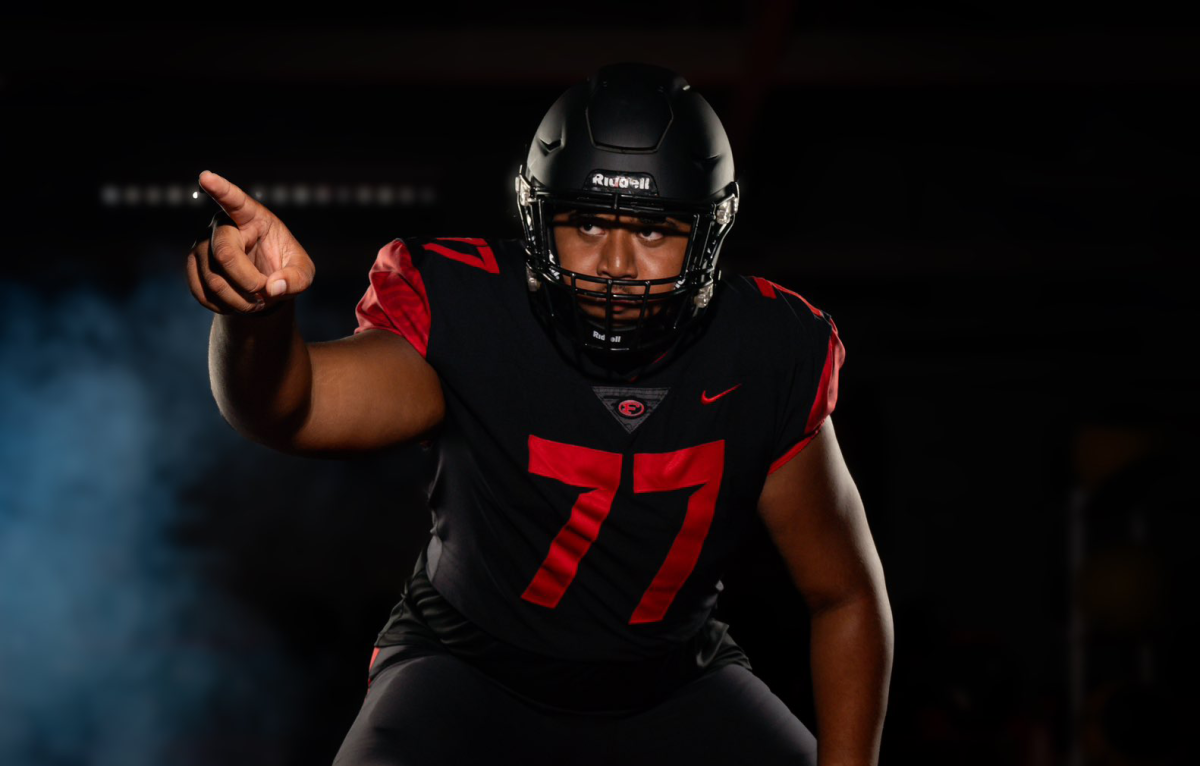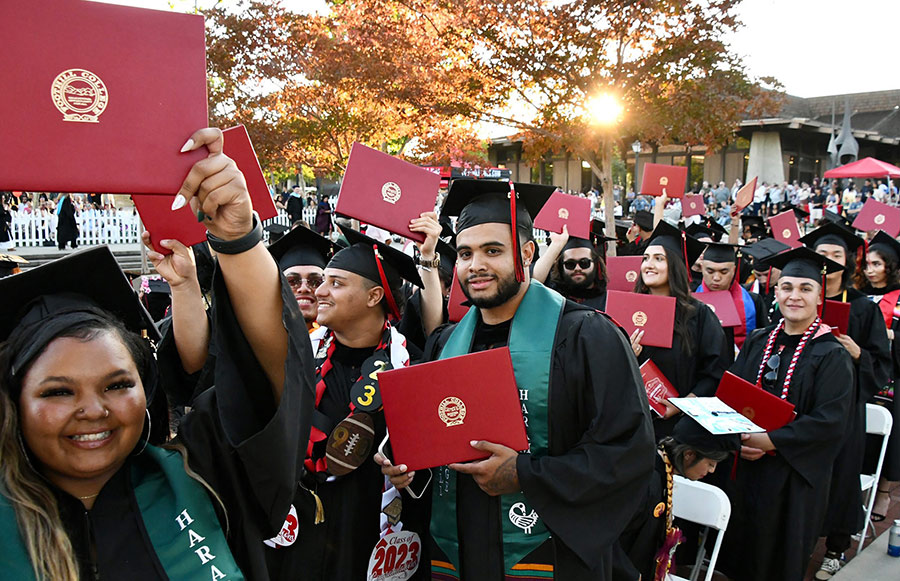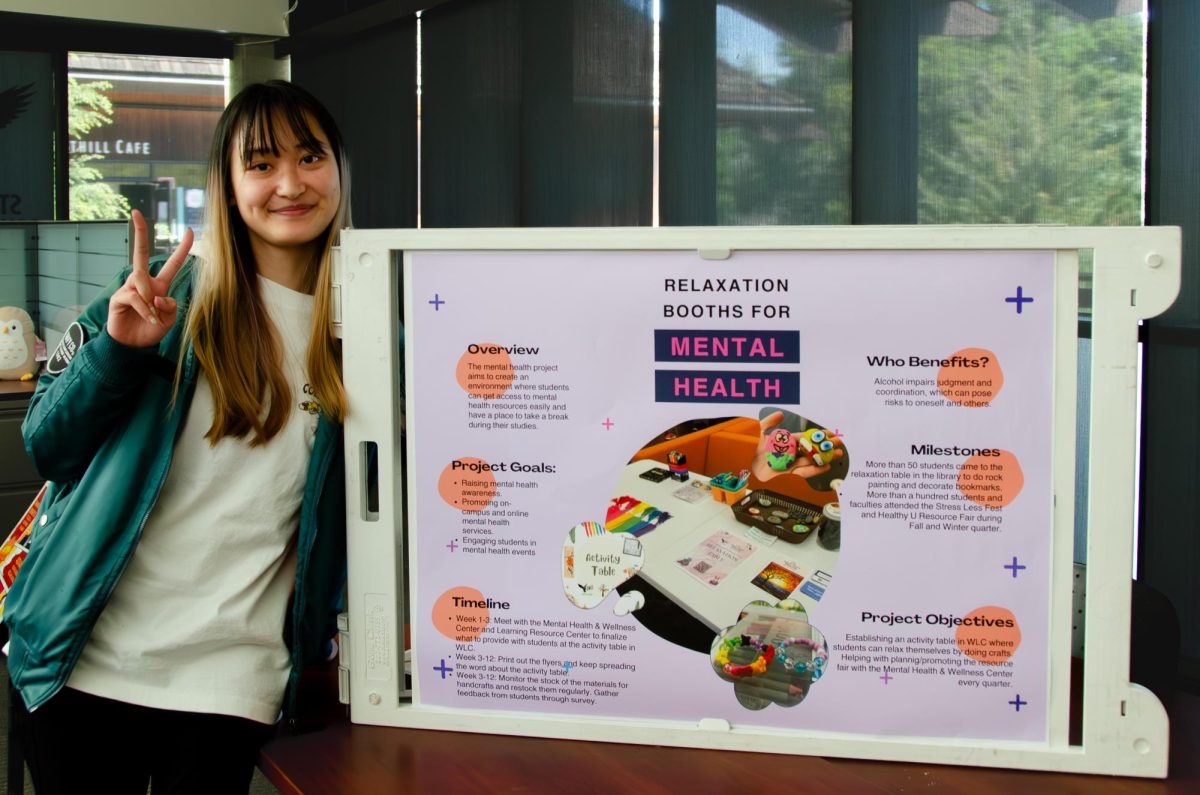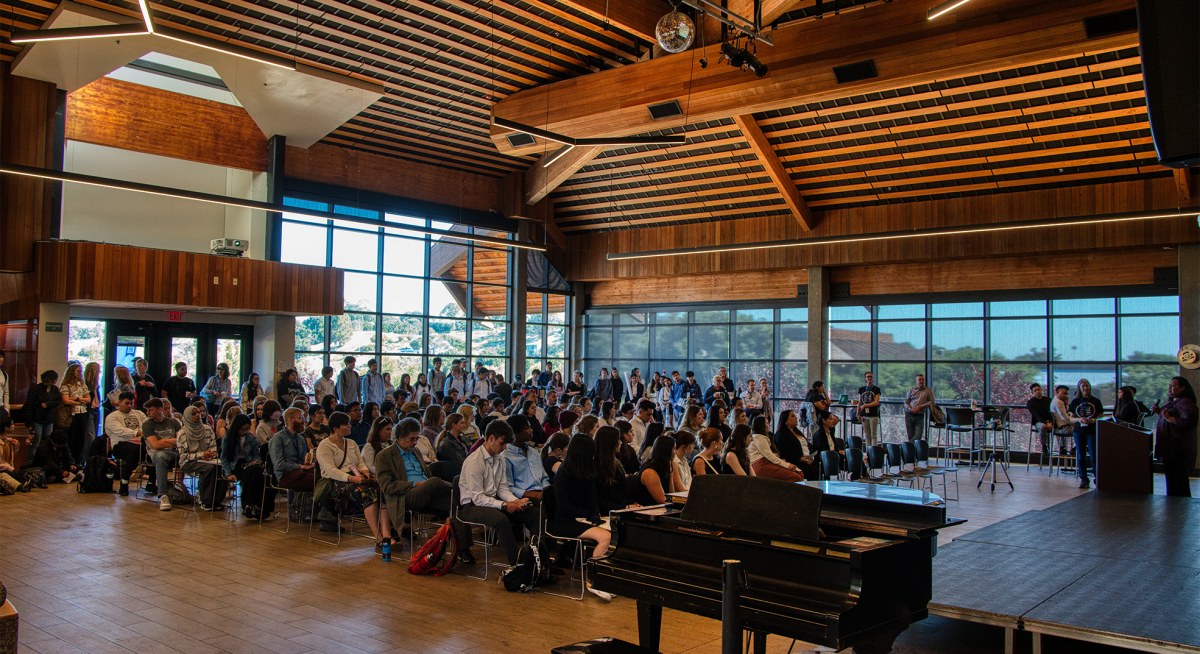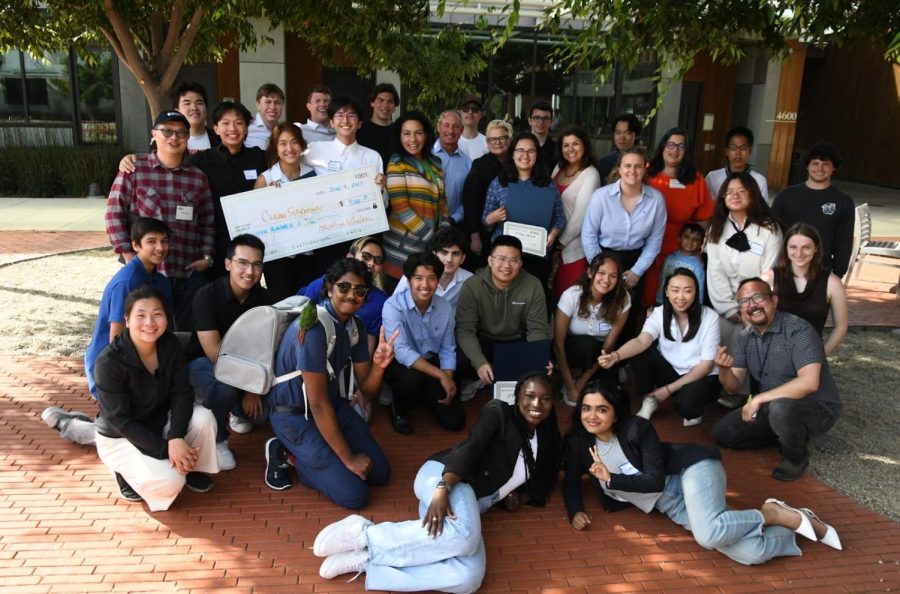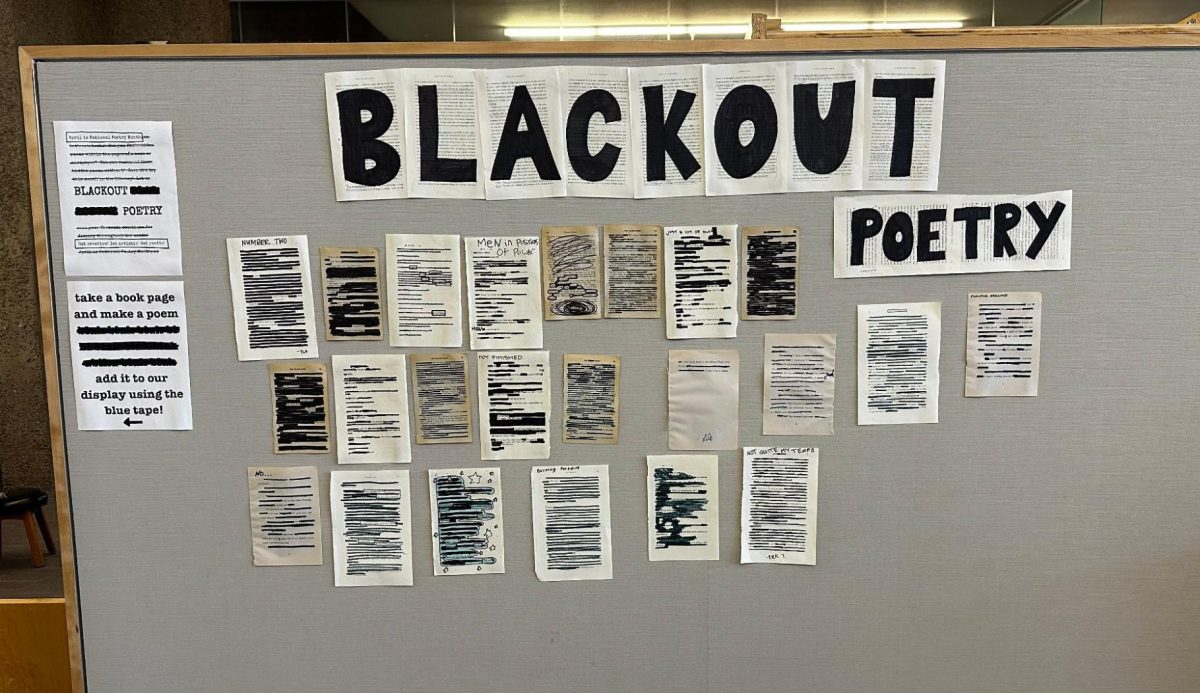Neon Genesis Evangelion is one of the most iconic, and popular, anime in history. It was revolutionary for its thoughtful characterization, deep themes, and its impact on mainstream culture. Recently, it was shown in theaters for the first time in years, and I was lucky enough to be able to catch it on the big screen.
Given its age and the fact this was not my first viewing of the film, I will be getting deep into spoilers for the film and the anime in this review, so if you have not seen it or the original series, please do yourself a favor and go watch it!
Contrary to the popular opinion on this film, I find it to be a rather hopeful ending, even more so than the anime. Ignore the depressing tone and the finality of the music, and instead focus on what exactly is happening. Shinji was someone who always measured his worth by how useful he was to others, whether that be his father, Misato, Asuka, Rei, Kaworu, etc. And in this ending, he finally finds worth in himself as an individual, and not as part of a greater collective. He is the first to emerge from the LCL, followed by Asuka, and reject instrumentality. As the film cuts to real life cinema filled with empty seats followed by multiple images of people in the real world, Shinji and Rei have a conversation regarding the insecurities that Shinji, and humanity as a whole, have. Our selfishness, our anxiety, and our dreams. Instrumentality is a paradise of understanding and togetherness, but it makes us lose what makes us human. Those struggles are part of us, and I think that is one of the main things the director, Hideaki Anno, wished to impart on his viewers.

Some of Shinji’s final words in the film were particularly poignant to me, as he remarks “Anywhere can be paradise so long as you have the will to live” and that “…you are alive, so you will always have the chance to be happy”.
The animation and cinematography present in End of Evangelion is truly something to behold. Perhaps cinematography is not something you associate with animated works, but the planning stages such as storyboarding require a good eye for it.

A particular highlight for me was Asuka vs the MP Evas, and a majority of those cuts were done by the extremely talented Mitsuo Iso. The way he animates Asuka’s Evangelion and the MPs have a real weight to them, and they often struggle to move and right their enormous forms in battle. Each cut has an astonishing amount of frames included, and considering this was in the age of hand drawn animation it must have taken an enormous amount of focus and precision.
Of course, you cannot talk about End of Evangelion without getting into the more meta aspects of the commentary. As previously mentioned, the film breaks the 4th Wall during its closing minutes, but that is not the only time that I believe Anno chooses to address the audience outside the context of the story, though the following example is perhaps not as direct. One particularly infamous scene happens at the very start. Asuka is bedridden and comatose, and Shinji feels as though he cannot continue without her guidance. During his attempts to wake her up, her hospital gown comes apart, and Shinji pleasures himself to her sleeping form. The scene ends with a close up of his hand, covered in ejaculate, and his muttered words of “I’m the lowest of the low” with the more localized translation being “I’m so f-ed up”.
One interpretation of this scene is as a criticism to viewers and “waifu culture”. Asuka, Rei, and Misato were, and still are, incredibly popular characters. However, many were not just enthralled with them as characters, but also enthralled with them as objects of desire. Many posit that one of the meanings of this scene is to place the viewer in Shinji’s shoes, helped by the first person POV for some shots, and to make them confront the reality of what some sections of fans were doing. Asuka has no agency in this scene where Shinji makes use of her for his own whims, much like how Anno has no agency in the way some viewers choose to sexualize Asuka in fan works. In both scenarios, she is treated as little more than an object.
Though many think of End of Evangelion as a letter of hate and resentment from director Hideaki Anno to fans of the show, after the polarizing reception to the final few episodes which suffered from poor workflow and rushing, my opinion is that it is anything but. Much like the core of humanity that Anno tries to decipher and show, his message is delivered through angry, dirty, and at times even abhorrent ways. There are many points in both the film and the series that you will feel disgusted at a character’s actions, angry at the choices they make, or exhausted with the constant torment they are made to endure. But there are equal times where you’ll laugh as Shinji captures brief moments of levity at school, away from his life as a human weapon. There are scenes where you’ll feel emotion pouring up, as Shinji, Asuka, and Misato almost seem like a real, albeit dysfunctional, family inhabiting a typically messy apartment. These are the dichotomy’s Anno presents in his work, and I think these are also the facets of being alive.






